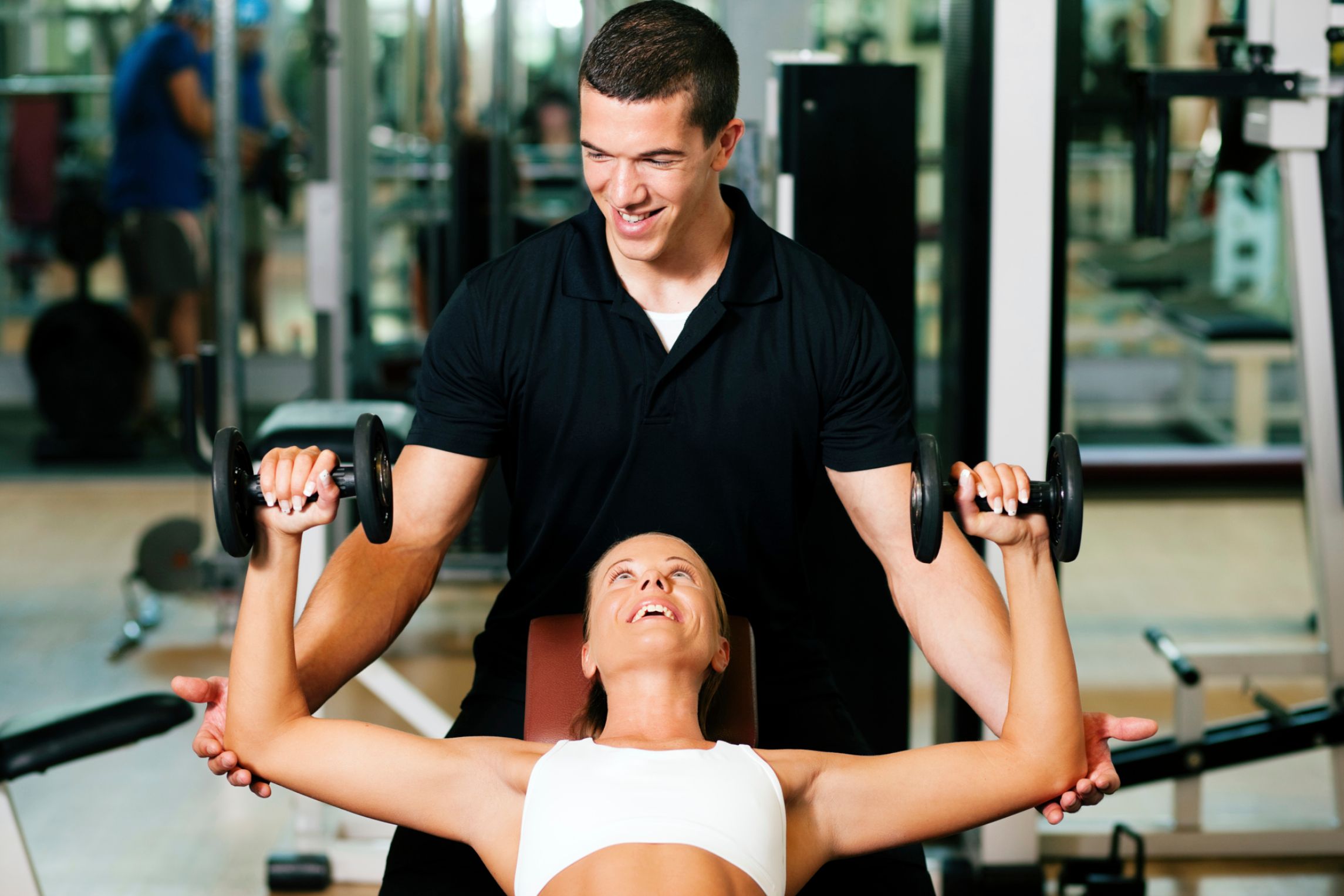
Te Whanganui-a-Tara – The idea of chrono-biology, when a person does things such as exercising, eating and sleeping, is an emerging science but one backed by more and more research.
This covers everything from early morning workouts to intermittent fasting and napping during the day, ExerciseNZ chief executive Richard Beddie says.
A new study published in the European Journal of Preventative Cardiology has found that, for people wanting to fend off heart disease and stroke, the optimal time of day to move is between 8am and 11am and preferably closer to 11am.
Beddie says adding onto this research is epi-genetics, that different people respond to stimulus such as exercise or food, in different ways and people are beginning to build a far better understanding of why some things work for some people and not others, he says.
“With anything that has a best time or best way, it’s always important to temper this with the key message of doing it any time is better than not at all. Think of it as maximising the benefits, rather than it’s the only way to achieve them.
“Other findings of the research were why the body didn’t like strenuous exercise when people would normally be sleeping.
“I can personally attest to the body’s dislike for strenuous exercise at 3am, having travelled to attend two global conferences in the last six weeks, both of which with large time zone differences resulted in the body resisting anything strenuous until I got into the new time zone.
“However for most people it’s more about finding when they can do things in the day than forcing on the best time. The best time is the time a person can consistently fit it into their schedule.”
Beddie says there is no one secret, be in what to do or when to do it. Current science suggests that chrono-activity or adjusting regimes to suit the body clocks, plus short, sharp workouts, are important, but they don’t override the key principle that doing any activity helps.
Thousands of people started 2023 with new exercise programmes wanting to get more active and improve their mental health.
“So perhaps it’s hardly surprisingly that a string of new studies suggests that timing our exercise to optimally match our body’s circadian rhythms could reap additional rewards. And that means better results and faster feedback.”
For further information contact Richard Beddie on 027 5205744 or ExerciseNZ’s media specialist Make Lemonade NZ editor-in-chief Kip Brook on 0275 03018

